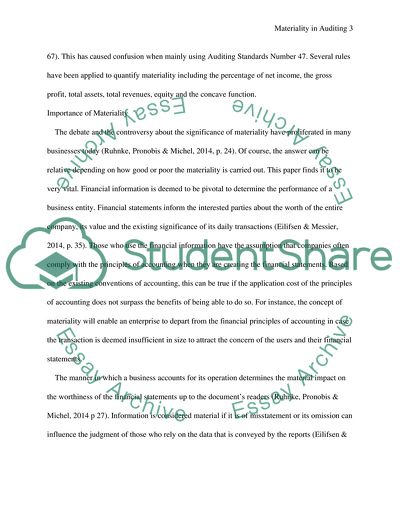Cite this document
(Materiality in Auditing Essay Example | Topics and Well Written Essays - 2000 words - 1, n.d.)
Materiality in Auditing Essay Example | Topics and Well Written Essays - 2000 words - 1. https://studentshare.org/finance-accounting/1851248-materiality-in-auditing
Materiality in Auditing Essay Example | Topics and Well Written Essays - 2000 words - 1. https://studentshare.org/finance-accounting/1851248-materiality-in-auditing
(Materiality in Auditing Essay Example | Topics and Well Written Essays - 2000 Words - 1)
Materiality in Auditing Essay Example | Topics and Well Written Essays - 2000 Words - 1. https://studentshare.org/finance-accounting/1851248-materiality-in-auditing.
Materiality in Auditing Essay Example | Topics and Well Written Essays - 2000 Words - 1. https://studentshare.org/finance-accounting/1851248-materiality-in-auditing.
“Materiality in Auditing Essay Example | Topics and Well Written Essays - 2000 Words - 1”. https://studentshare.org/finance-accounting/1851248-materiality-in-auditing.


